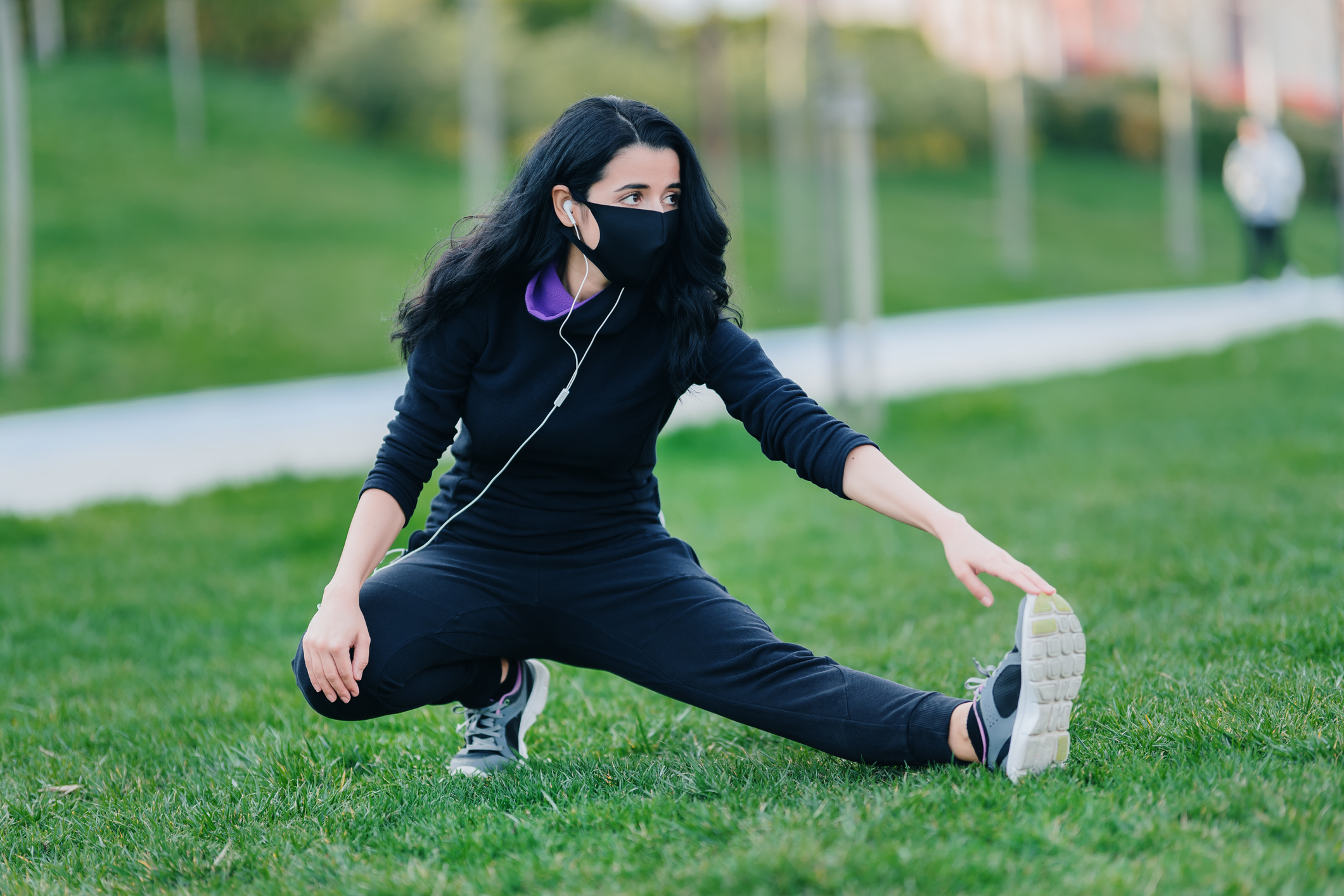For most of us, the increase in temperature during the summer also means an increase in sweat. Sweat, also known as perspiration, is the body’s way of cooling itself down when it starts to overheat—as the liquid is released from the sweat glands, it evaporates, releasing heat and cooling the body. Many people feel self-conscious about how much they sweat, but perspiration is normal and healthy.
Where does sweat come from?
Sweat comes mainly from two different types of glands, groups of cells that secrete chemicals, that cover the human body. Eccrine glands secrete clear, watery sweat. Apocrine glands usually produce the kind of sweat that causes body odor because they are typically located near hair follicles in areas like the armpit, breast, and groin.
Why do we sweat?
The body sweats for many different reasons, not just to cool down. The eccrine glands are responsible for the sweat you produce when you exercise or get overheated and the apocrine glands secrete sweat in response to emotions, like stress. The amount and scent of your sweat can be affected by whatever triggers the glands, as well as certain food and chemicals that you have ingested. For example, spicy foods may make your brain think your body temperature is rising and, therefore, stimulate your sweat glands. Similarly, drinking a lot of alcohol can speed up your heart rate and make your blood vessels dilate, like what happens when you exercise, and trick the body into thinking you need to sweat to cool down from physical activity.
What causes body odor?
Your body odor depends on a few different factors, including hormones, the foods you eat, and your age. Sweat doesn’t have an odor, but when apocrine sweat interacts with the bacteria on our skin, it can create an unpleasant scent. Certain foods like garlic, onion, and red meat can make body odor worse as their byproducts are secreted through perspiration. The way your sweat smells also changes as you age—many people don’t experience body odor until their hormones change during puberty. Older adults, especially those aged 50 and older, also tend to have a more distinct body odor because their hormone levels begin to fluctuate again as they age.
Deodorant is intended to mask the body odor caused by underarm sweat and antiperspirants are used to stop you from sweating by blocking your sweat glands.
How much sweat is too much?
How much you sweat depends on your genetics. Some people may have hyperhidrosis, a medical condition that causes one to sweat significantly more than needed to cool off. Others may have the opposite, a condition called hypohidrosis, and do not sweat enough. Talk to your doctor if you’re concerned that you’re either sweating too much or too little.
Sources:





